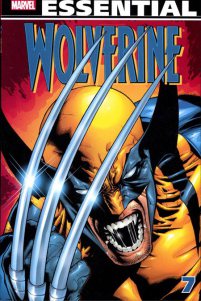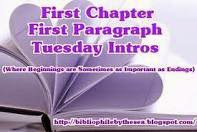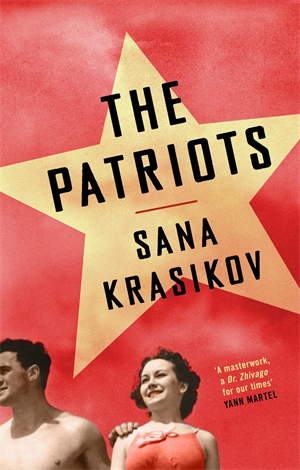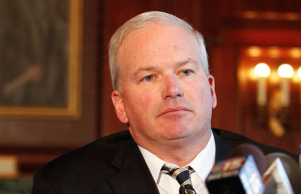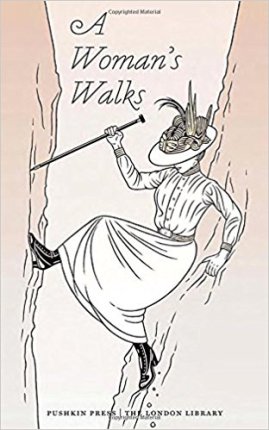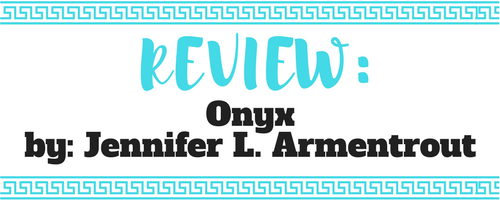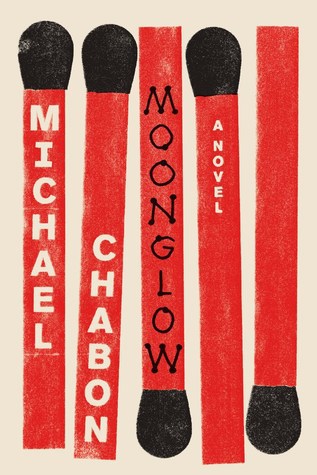
My relationship to Michael Chabon’s novels is most assuredly love/hate. The Yiddish Policemen’s Union is a novel that’s quality I would put up against nearly any book a person could read, and The Amazing Adventures of Kavalier and Clay was a novel that I really liked, but could not enjoy quite as much as I was expecting to simply due to the style in which it was written. Meanwhile the other two novels I’ve read by Chabon, Telegraph Avenue and Gentlemen of the Road, rarely jived that well with me. Often I found them extremely confused at what they were doing, or, in the case of Gentlemen of the Road, annoying and frustrating. And really this will always be both the greatness and the danger of Chabon; when a writer is as talented as he is at bending genres to his will in an effective and appealing way, sometimes he’s going to be using a genre that just does not line up with a reader’s interests. In the case of Moonglow, however, Chabon manages to stay in a lane that is thoroughly enjoyable while still creating deep meaning in way that is neither cynical nor trite.
Moonglow is the fictional memoir of Chabon’s maternal grandfather, who, after being restrained and muted throughout all of Chabon’s childhood, opened up as he lay dying of cancer in his final days. While the novel is ostensibly concerned with his grandfather’s experiences in Nazi Germany and his lifelong love of Rocketry, – in particular the infamous V-2 Rocket, as inseparable from Thomas Pynchon as it is from Werner von Brahn – Moonglow is also very much the love story of his grandfather and his grandmother. Depending upon the reader, one story the book is telling may seem infinitely more appealing than the other, but Chabon does a terrific job of making both his grandfather’s stories – tracking the V-2 and maintaining a relationship with his grandmother – equally appealing. While the story skips around almost constantly, story threads picked up randomly and left just as often, there is no disappointment in leaving one timeline and going to another. While at times this necessarily disjoints the flow of the novel by causing the reader a brief moment of confusion in attempting to figure out which timeline he or she has rejoined, Chabon’s earns this difficulty with the strength and coherence of the narrative.
If one aspect of the novel can be lobbied against it, it is that this disjointed narrative is the only risk Chabon takes in all of Moonglow. More than any other story that I have read by him, Moonglow plays it safe, which, for a writer such a Michael Chabon results in a very satisfying novel moreso than it might for lesser novelists. However, what usually makes stories masterpieces – and I think it is to Chabon’s credit that I expect nearly everything the man does to be a masterpiece, however unfair that is – is the amount of risks they take and just how many of those risks pay dividends by the end of the book. That Moonglow ends up being “just a story” rather than something more experimental and satisfying in its pay off such as it has come to be expected from Chabon does work against the novel. Yet, this is all just to say that it’s not quite on the level of, say, The Yiddish Policemen’s Union, nor does it have the technically and intellectually satisfying moves of Kavalier and Clay, and despite that, Moonglow is still an outstanding novel that will leave anyone deeply moved.
As the novel comes to a close the reader will find themselves quite unaware of just how “bad” a life both Chabon’s grandparents have had from a logistical standpoint. When Chabon’s mother puts it into such harsh words, I found myself shocked to realize how right she was, but also how it hadn’t felt that way at all. Despite their heartbreak, I had found his grandparents’ life to be magical and exciting, not so simple as she puts it:
“She went crazy. His business failed. They couldn’t have children of their own. He went to prison. HRT gave her cancer. I shot his brother in the eye and then married a man who cost him his business. When were they happy?”
Such a laying bare of the situation makes one ask the same question: When indeed? And the beauty of Moonglow is found in Chabon’s response to his mother. The answer to why the book maintains a lovability beyond its means and attempts.
“In the cracks?”
And so somewhere, apart from the bare bones of what exactly happens in life, is where our lives really find their meaning. That when we look back at all the things that are memorable and mattered, we often fail to remember what got us from moment to moment and kept us full of love and liveliness: the space between.
Recommended to: Chabon fans, obviously. Yet this is also a fantastic place to begin with Michael Chabon as an author. If you enjoy this, you have a lot of cause to read his others.
Avoid as if it is skipping an episode of Rick and Morty: First novel in awhile that it is difficult to imagine someone really not enjoying it in the end. There is a lot to love here, and the mix of memoir and fiction has mass appeal.
Advertisements Share this:
